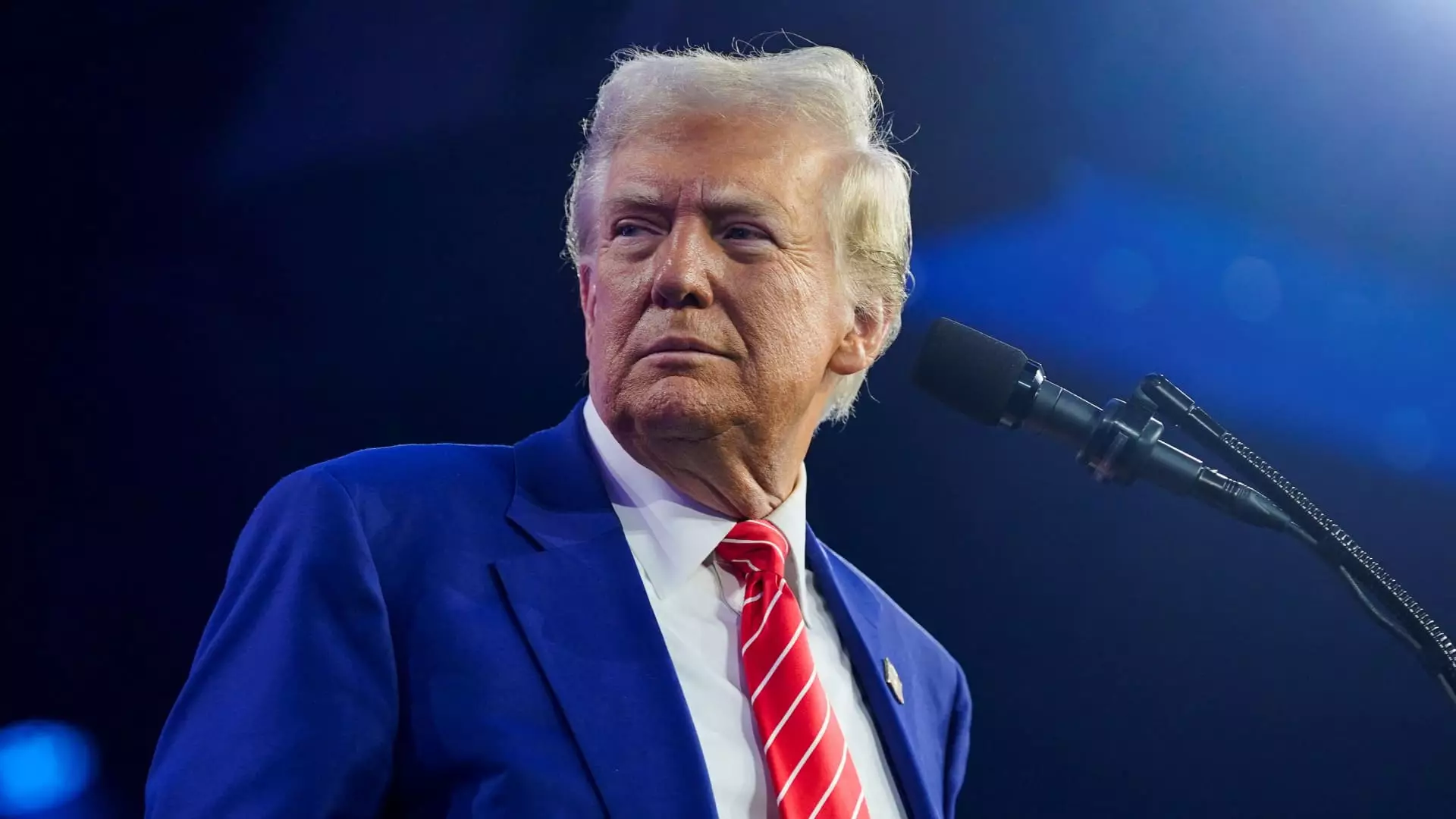In the wake of Donald Trump’s reelection victory, the strategy of integrating tech leaders into governmental roles has taken a front seat. This move underscores the increasing symbiosis between Silicon Valley and the political arena, as tech executives, who were once viewed with skepticism during Trump’s first term, are now being welcomed into the fold of the new administration. With key appointments that include some of the most influential figures in technology, Trump’s administration signals a marked shift in approach.
Trump’s recent nomination of Scott Kupor, managing partner at the influential venture capital firm Andreessen Horowitz, as the director of the Office of Personnel Management (OPM) reflects a calculated effort to blend technology with public service. This position is pivotal as it oversees recruitment and resources for government employees, suggesting a vision for a more efficient and technologically adept federal workforce. Kupor’s acknowledgment of the opportunity to collaborate with major tech figures like Elon Musk and Vivek Ramaswamy further cements the notion that technology will play a critical role in the evolution of government operations. The establishment of the Department of Government Efficiency (DOGE) indicates a proactive approach to trimming unnecessary expenditures and regulations, areas often criticized for their inefficiency.
In another notable appointment, Sriram Krishnan has been designated as senior policy advisor for artificial intelligence at the White House Office of Science and Technology Policy. With a wealth of experience across leading tech companies such as Microsoft, Meta, and Twitter, Krishnan is expected to drive conversations around AI policy at the highest levels of government. His extensive background not only in technology but also in navigating the complexities of business relationships signals a commitment to harnessing AI while addressing the myriad ethical and regulatory challenges it presents. His ties to Musk, particularly during Musk’s management of X (formerly Twitter), will likely provide a unique perspective on the interplay between social media, technology, and government.
Elon Musk’s ascent as a close advisor to Trump introduces a layer of complexity to the political landscape. His involvement, particularly given his significant financial backing and staunch public support for Trump, raises eyebrows among Democrats and global leaders. Critics argue that this close relationship may lead to unbalanced policy-making that prioritizes corporate interests over public welfare. Musk’s portfolio, stretching across diverse sectors from electric vehicles with Tesla to space exploration with SpaceX, presents a dual challenge and opportunity for the administration: how to effectively integrate these innovations while safeguarding public interests.
The appointments extend beyond traditional roles as Trump has also brought in influential figures from various tech sectors. Ken Howery’s nomination as U.S. ambassador to Denmark reveals a thoughtful approach to international relations through a technological lens, leveraging his business acumen to strengthen ties between nations. Similarly, Michael Kratsios’ return as director of the Office of Science and Technology Policy demonstrates a continuity in tech-focused leadership, ensuring that policy stays aligned with industry advancements amidst an ever-evolving digital landscape. The addition of Emil Michael as undersecretary for research and engineering suggests a robust commitment to innovation in governmental research initiatives.
Interestingly, the tech sector’s support for Trump marks a significant shift from previous antagonism experienced in the first term. Major tech companies, including Amazon and OpenAI, have transitioned from criticism to collaboration, evidenced by their donations to Trump’s inaugural committee. This newfound alignment indicates not only a strategic pivot from the tech industry but also suggests a recognition of the necessity for a cooperative relationship between Silicon Valley and the federal government.
As Trump prepares for his second term, the array of tech executives stepping into critical government roles marks a pivotal change in the intersection of business and politics. The focus on efficiency, technological empowerment, and effective governance highlights an administration keen on harnessing innovation to tackle contemporary challenges. As these developments unfold, the long-term implications for governance, public policy, and the tech industry remain to be fully realized.

